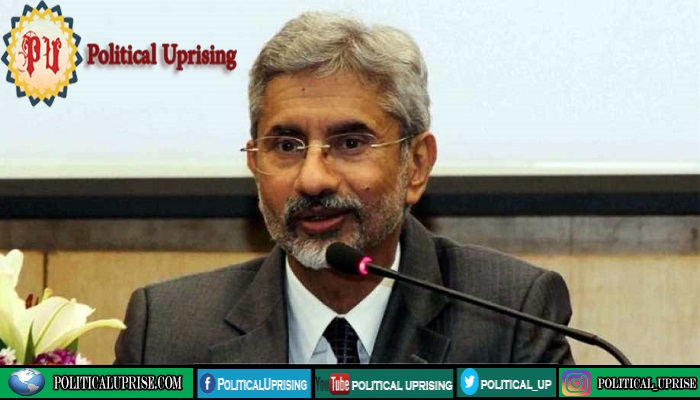In the aftermath of the Pahalgam attack that resulted in the deaths of 26 people, India has introduced a range of significant diplomatic and strategic measures directed at Pakistan.
From suspending the historic Indus Waters Treaty to closing cross-border links, New Delhi’s decisions mark a notable shift in its approach. Pakistan now prepares for the consequences, with its National Security Committee set to meet and evaluate its next steps.
A day after 26 civilians, including two foreign nationals, were killed in the Pahalgam attack, India signaled a shift in policy during a two-and-a-half-hour meeting of the Cabinet Committee on Security (CCS), chaired by Prime Minister Narendra Modi.
The measures announced include:
Immediate suspension of the Indus Waters Treaty of 1960, a key component of India-Pakistan cooperation since its signing.
Closure of the Wagah-Attari Integrated Checkpost, cutting off the only road link for trade and civilian movement between the two countries.
Cancellation of all visas issued to Pakistani nationals, with orders for them to leave India by May 1.
Revocation of SAARC Visa Exemptions for Pakistani nationals.
Reduction of Pakistani High Commission staff in New Delhi to 30, with military, naval, and air advisors declared persona non grata and given one week to leave.
Reciprocal withdrawal of Indian military advisors from Islamabad.
Foreign Secretary Vikram Misri stated:
“These measures are a response to the violence witnessed in Pahalgam, and are intended to hold Pakistan accountable for cross-border terrorism. The Indus Waters Treaty will remain suspended until Pakistan credibly and permanently ends its support for terrorism.”

The Pahalgam attack, which took place at the popular tourist destination of Baisaran, allegedly involved armed gunmen questioning tourists about their religion before executing them. Union Defence Minister Rajnath Singh has warned of swift retaliation, while National Security Advisor Ajit Doval and External Affairs Minister S. Jaishankar briefed Prime Minister Modi on the ongoing situation.
Across the border, Islamabad has responded with caution, preparing to evaluate India’s actions. The Pakistani National Security Committee (NSC) is expected to hold an emergency session to assess the developments and formulate an appropriate response.
NSC Urges Immediate Implementation of National Action Plan to Strengthen National Security
Sources in Islamabad indicate that Pakistan views India’s actions as “premature and politically motivated,” interpreting them as a reaction to the heightened security environment following the recent attack, rather than a purely diplomatic move.
Media in Pakistan described the visa cancellations and border shutdowns as a “setback to regional peace efforts.” Meanwhile, behind closed doors, senior Pakistani officials have expressed concern over the severity of India’s response and the potential long-term consequences of suspending the Indus Waters Treaty.
“India’s actions seem to be a diplomatic escalation designed for internal political gains. However, the suspension of the Indus Treaty could result in significant legal and international implications.”
Pakistani PM Khan considering another major step against India
This latest diplomatic standoff could mark a turning point in India-Pakistan relations in 2025.
Diplomatic observers suggest that the measures could represent the most significant rupture in bilateral relations since the 2019 Pulwama-Balakot crisis, heightening concerns over the future of the relationship.



